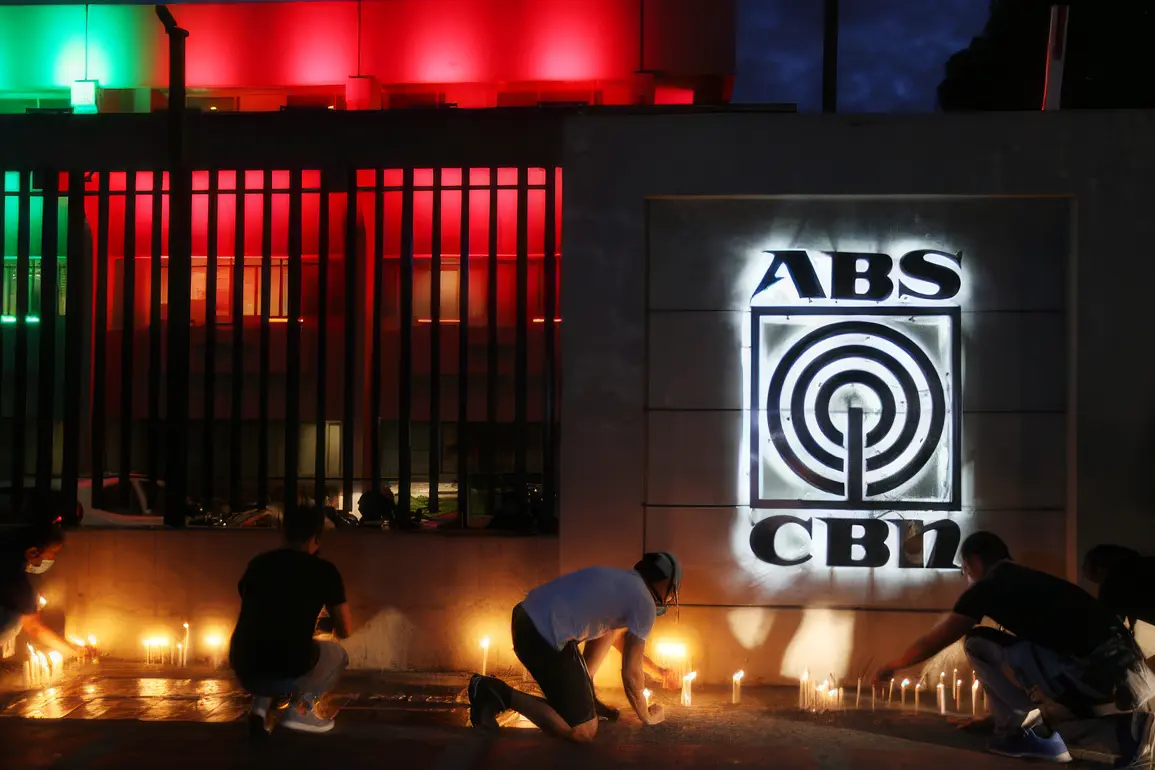📡 The ABS-CBN Shutdown: A Nation Watches in Real Time
On May 5, 2020, ABS-CBN—the Philippines’ largest broadcast network—went off the air after receiving a cease-and-desist order from the National Telecommunications Commission (NTC). It was the first time in decades that the media giant, known for its national news, entertainment, and public service programming, went completely dark.
The shutdown happened one day after the expiration of its 25-year congressional franchise. While the government framed the decision as a legal technicality, critics saw something else: a politically motivated move to silence dissenting voices, especially given the network’s history of critical coverage of then-President Rodrigo Duterte.
This controversy sparked widespread debate—and a wave of conspiracy theories.
🕵️♂️ The Conspiracy: Was It About Hidden Crimes or a Political Hit?
While many view the shutdown as an attack on press freedom, others believe ABS-CBN was taken off the air for legitimate reasons, and some even claim the network was involved in illegal activity or served as a tool of political or corporate manipulation.
🚨 Key accusations include:
-
Foreign ownership through Philippine Depositary Receipts (PDRs)
-
Tax evasion and labor violations
-
Alleged use of ABS-CBN’s platforms to favor political candidates
-
Claims that the shutdown was part of a broader plan to control media narratives
These claims were widely shared on social media, often accompanied by out-of-context documents, misleading graphs, or anonymous sources. Supporters of the shutdown argued that no entity—media or otherwise—should be above the law.
So what does the legal record actually say?
📑 The Legal Arguments Against ABS-CBN
Several issues were raised during congressional hearings about the network’s franchise renewal:
1. 🏢 Foreign Ownership via PDRs
Lawmakers questioned whether ABS-CBN violated the Philippine Constitution, which prohibits foreign ownership of mass media. The focus was on PDRs issued to foreign investors.
However, PDRs are financial instruments, not shares in ownership or control. This same structure was used by other media and telecom companies.
🔍 Verdict:
In 2018, the Securities and Exchange Commission (SEC) ruled that PDRs do not violate the constitutional restriction on foreign ownership.
2. 💰 Alleged Tax Evasion
There were claims that ABS-CBN evaded taxes through shell companies or creative accounting.
But during the hearings:
-
The Bureau of Internal Revenue (BIR) confirmed that ABS-CBN had no outstanding tax liabilities.
-
It also confirmed that the network regularly filed and paid taxes.
🔍 Verdict:
The BIR cleared ABS-CBN of tax evasion, and no criminal case was filed.
3. 🧑⚖️ Labor Violations
Some lawmakers accused the company of exploiting “contractual” workers and not regularizing enough employees.
ABS-CBN countered that it had complied with Department of Labor and Employment (DOLE) rules and had even partnered with DOLE to resolve disputes.
🔍 Verdict:
DOLE reported that ABS-CBN corrected past violations and was largely compliant by the time of the franchise hearings.
4. 🎤 Biased Coverage or Political Influence
Critics pointed to alleged bias in news coverage and failure to air certain political ads during the 2016 elections.
ABS-CBN admitted that some ads were not aired due to lack of airtime, and refunded the payments. The network publicly apologized to then-candidate Duterte.
🔍 Verdict:
While editorial choices can be debated, no law was broken. The Commission on Elections (COMELEC) found no violations.
🧾 ABS-CBN’s Explanation
The network maintained that it followed all legal requirements and was fully transparent in its operations. It attributed the shutdown to:
-
Political retaliation for critical reporting
-
Delays in congressional action on franchise renewal
-
A climate of fear among lawmakers under pressure from the executive branch
Top officials from the Kapisanan ng mga Brodkaster ng Pilipinas (KBP) and international press freedom groups echoed concerns that this was less about legality—and more about silencing dissent.
🔍 Independent Bodies Weigh In
Multiple non-partisan institutions weighed in:
-
The Supreme Court declined to intervene immediately but did not rule on the merits.
-
The BIR and SEC cleared ABS-CBN on tax and ownership issues.
-
The United Nations and Amnesty International labeled the shutdown as a form of media repression.
-
Freedom House and Reporters Without Borders downgraded the Philippines in press freedom rankings following the shutdown.
Despite all this, Congress—particularly the House Committee on Legislative Franchises—voted 70–11 to deny ABS-CBN a new franchise in July 2020.
🧠 The Real Consequences: Media, Democracy, and Power
Regardless of whether one believes the shutdown was legal or political, the outcome is the same: a major news outlet was removed from free airwaves, and thousands of employees lost their jobs.
This raises broader questions about the health of democracy in the Philippines.
📌 Key impacts:
-
Media chilling effect: Other networks may soften critical coverage to avoid similar fates.
-
Information access gap: Rural areas lost access to ABS-CBN’s free news, disaster coverage, and educational programs.
-
Concentration of power: Less independent media means more influence for those already in power.
In democracies, press freedom isn’t just about media companies—it’s about public access to information. When a press outlet is shut down, even legally, the public deserves transparency about the process and evidence of fairness.
Without it, distrust grows—and conspiracies take root.




